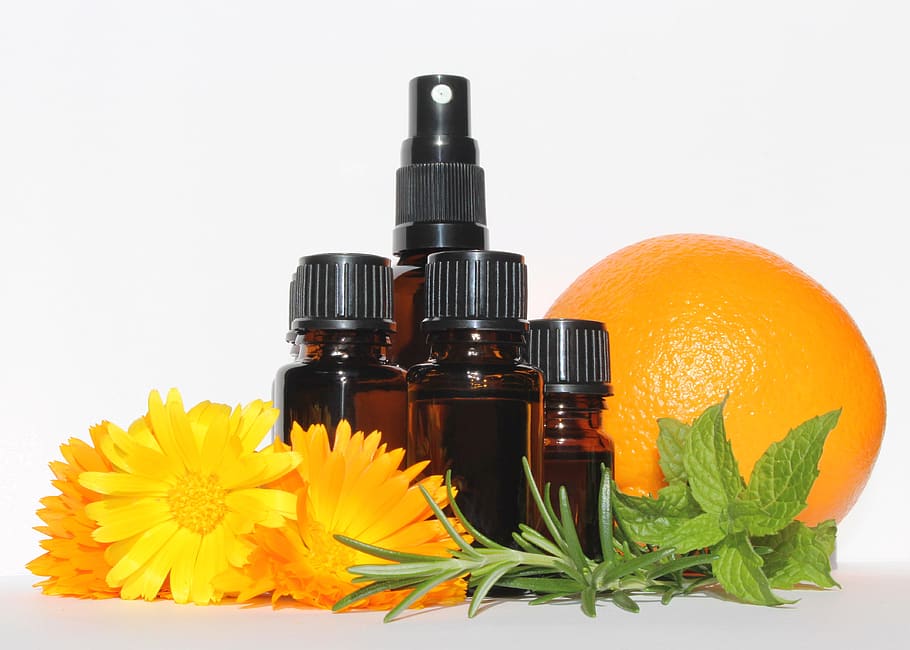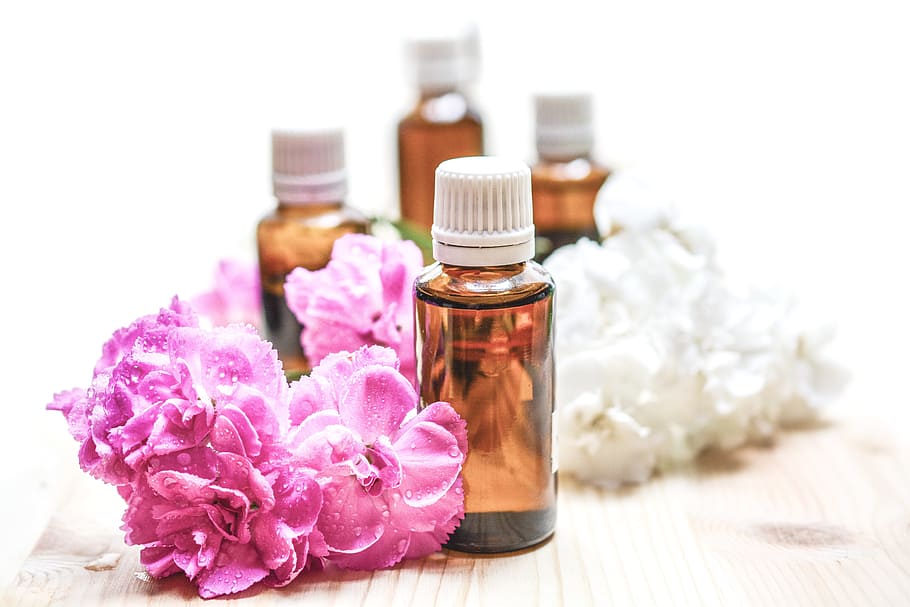If you’re one among the many people who struggle to get a good night’s sleep, you might be considering incorporating some essential oils into your bedtime routine. If you want to use essential oils for sleep, it’s helpful to know some of the basics, including how they work, and which ones have been used for their calming effects.
Here’s everything you need to know about aromatherapy:
How are essential oils made?
Essential oils are made by distilling various kinds of plants to their most potent form. The essential oils of a plant can be present in its flowers, roots, twigs, and even stems. Various parts of the plant go through a process known as extraction, in which they are liquefied and then concentrated for their various healing properties and benefits.
How do essential oils work?
Your olfactory nerves, which are responsible for detecting smells and sending them to your brain, have a direct link to the amygdala, a part of your brain that is responsible for many of your emotional responses.
This is why many people use essential oils for sleep and anxiety since these concentrated oils have been shown to have a powerful impact when it comes to calming down, and feeling more comfortable.
The most calming essential oils for sleep
Wondering which essential oils you can take advantage of for a good night’s sleep? Here’s a selection of some of our favorites for your best rest yet:
Lavender Oil
The scent of lavender is used in everything from bubble baths to body lotion for its calming properties. It has been shown to naturally slow down heart rate, and keep your muscles well relaxed through the night.
Sweet Marjoram Oil
Often recommended for people who struggle with insomnia, sweet marjoram oil can be to slow you down and keep you calm enough for a good night’s sleep. Dilute in some water and lightly spritz your pillow to take in as you’re sleeping.
Clary Sage Oil
The use of clary sage dates as far back as the Middle Ages and its calming properties have long been shown to naturally reduce stress. Some people also like to use clary sage oil for menstrual cramps, by applying a few drops to their lower abdomen for relief.
Valerian Oil
Valerian root is a popularly used essential oil, mainly because of its potency when it comes to those who struggle with getting the right amount of sleep. Valerian extract and tea are other alternatives that are often recommended to people seeking natural solutions to their insomnia.
Bergamot Oil
Made by extracting the peels of the citrus fruit bergamot, this oil has been shown to have a naturally soothing effect on the body. Bergamot has been studied and shown to lower the heart rate and even blood pressure, making this an effective choice for anyone who struggles with anxiety before bed.
When you’re trying to build a sleep hygiene routine that is focused on natural solutions, essential oils can be a great place to start. Other calming routines for your sleep can include some quiet mindfulness or meditation routines, reading, listening to an audiobook, or taking a warm shower right before bedtime.
Finding a sleep routine that works for you is a matter of trial and error. Though it takes a little practice to find what works, the end result is well worth it. Not only do essential oils ensure you’re able to create a calming routine that you can look forward to each night, they ensure you add structure to your bedtime, which can often be very helpful in priming your body for deep, restful sleep.


No comments:
Post a Comment